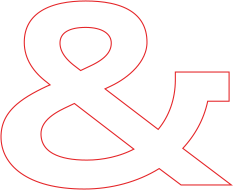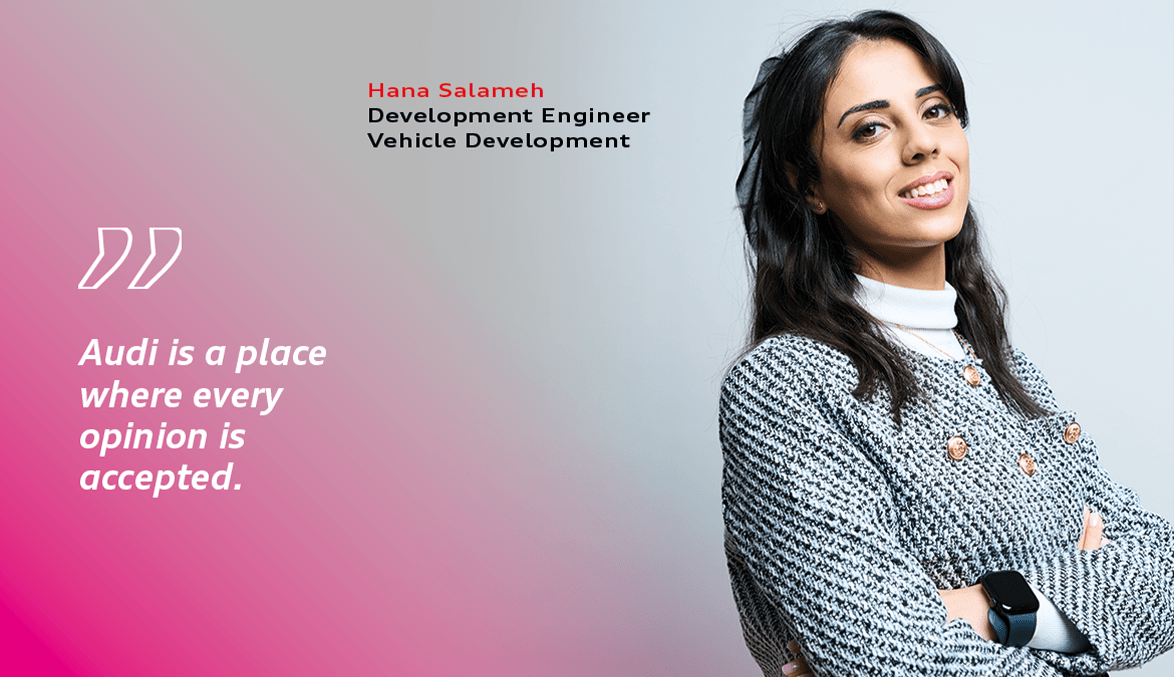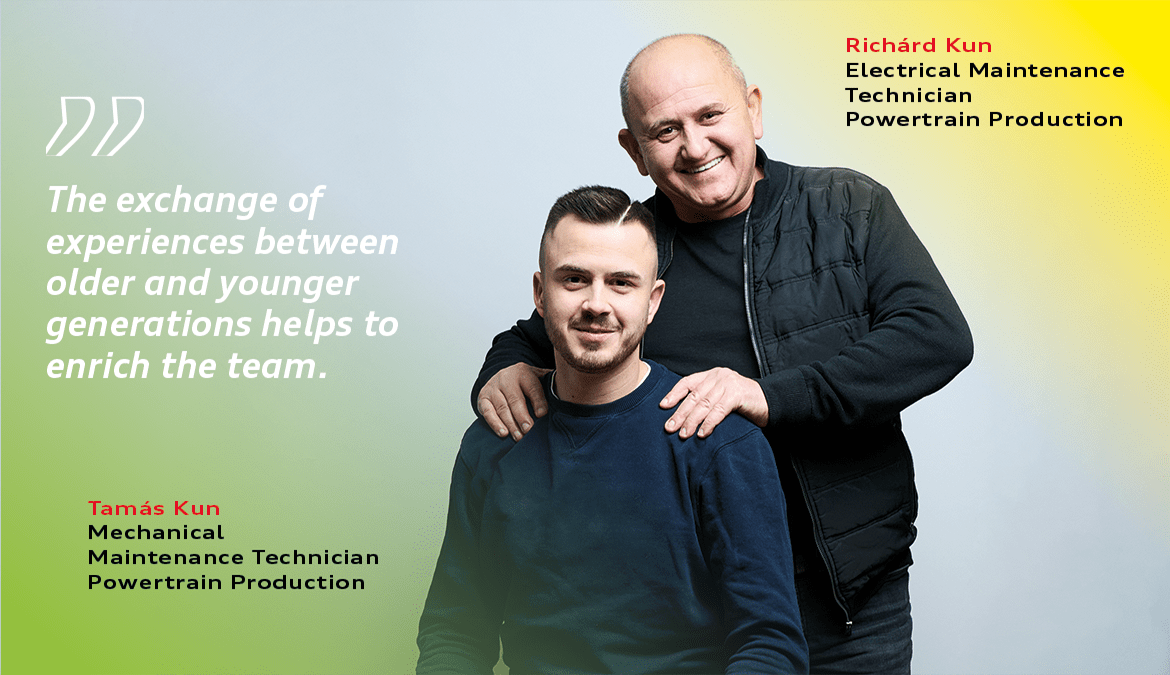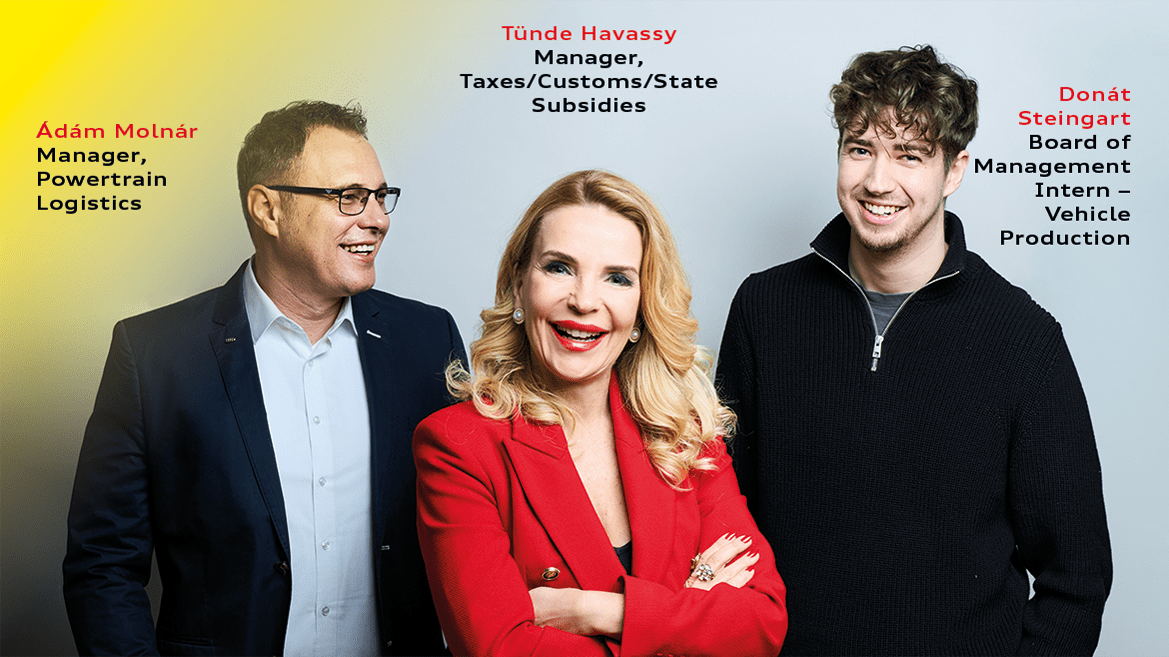
The key to our success: Diversity
Diversity is a crucial measure of our success at Audi Hungaria, which is why transforming ourselves into an inclusive company where everyone feels welcome and valued is among our key goals. In this article, some of our colleagues relate stories revealing what diversity means to them in everyday life.
Diversity. This is a complex topic, as it involves a combination of different ways of thinking, human qualities, cultural characteristics and individual abilities and competences. It is important to emphasise that an equal partnership is based on mutual acceptance and tolerance, and, since this kind of attitude requires openness and adaptability, it allows for creativity and the capacity for innovation to function at the highest possible level. All of this serves to reinforce the generation of new business models and is one of the keys to long-term competitiveness, as adopting this attitude allows us to truly understand the aried expectations of our clients.
Recognising the importance of diversity as one of the cornerstones of social sustainability, as well as its positive effect on corporate culture and the attractiveness of a workplace, Audi Hungaria supports respectful and partnership-based relationships, diversity and tolerance in all areas of operation.
What does all this mean in practice?
The company is actively working to achieve diversity and create an inclusive environment, all with the involvement – as in other companies across the group – of the Diversity and Inclusion Officer, who helps navigate this complex topic. Audi Hungaria is proud to call itself an organisation where credibility and belonging matter. We are proud to be an inclusive company where everyone can truly be themselves, and where we embrace every aspect of their personality.

Equal opportunities and equal treatment
are two cornerstones of fair, unbiased
and open processes.
Diversity:
recognising that we are all different in many ways, such as in terms of our abilities, gender identity,
age, ethnicity, sexual orientation, caregiving duties and/or social and cultural backgrounds. This diversity makes us strong and innovative.

Inclusion:
Audi Hungaria is a place where colleagues can develop their various skills and qualifications in the
best way possible. This self-actualisation is mutually beneficial for both the employees and the company.
‘Us’ instead of ‘me’
Originally from Jordan, Hana earned her master’s degree in mechatronics from the University of Debrecen and then entered her current field, technical development, through the Audi Development Camp. She and her teammates are working on the VPF (Virtual Test Drive) project. Hana’s working community also includes different nationalities, and it is not unusual for her colleagues to switch between Hungarian, Arabic, Spanish, German and English, even within a single sentence. “Audi is a place where every opinion is accepted, and, from the day I arrived here, I have felt accepted and respected. At Audi Hungaria, this is not just a slogan. Regardless of who you are, where you come from, or what your background is, you are valuable, and we welcome you.” In her view, diversity and acceptance are also important because she and her colleagues work in a team whose effectiveness relies on replacing the focus on ‘me’ with one on ‘us’, since what really matters is that tasks, duties, work and successes are shared by the team as a whole.

Learning from each other
This father and son pair both work at Audi Hungaria in the central maintenance department of the factory service division. Tamás has served as a mechanical maintenance technician for 14 years, and Richárd first joined Audi when he was doing his traineeship in his last years of school, later spending three years on the production line. At his father’s suggestion, he joined the factory service division as an electrical maintenance technician, and now they both work shifts there. Although they do not work directly with each other, they do meet almost every day then shifts change, and they also see each other’s work. Tamás says another benefit of working in the same place is that it is easier for them to discuss work-related matters, while also allowing him to see his son, who lives 50 kilometres away, more often. Their co-workers never tease them about their family relationship: they recognise that the exchange of experience between the older and younger generations helps enrich the team. Richárd says it is a definite advantage for different age groups to work together as their tasks include maintaining everything from equipment dating from 1994 to machinery manufactured in 2023: everyone has different areas of expertise and they can share a lot of useful knowledge.

Accepting our own selves
Although Petra was born with a missing limb, she never let that hold her back: swimming competitively since the age of two and a half has shaped her identity in a way that has greatly helped her to accept herself and develop her characteristically positive outlook on life.
She first came to Audi’s attention as an intern, when she was participating as a member of the Arrabona Racing Team in the Formula Student competition series, which challenges university students to construct formula cars and race them. Petra was responsible for presenting the business plan, in which their team introduced a series enabling those with physical disabilities to compete. The idea was so successful that they achieved one of the best results in the team’s history, and she has now been working full-time for the company for six years.
Missing a limb poses no obstacle to her everyday life, either: she is able to drive a car, for example. And she has nothing but favourable experiences with her colleagues in the Audi community. “Being accepting and positive about myself makes it easier for others to do the same. And for me, that’s what diversity at Audi is all about: allowing everyone to contribute what they can and work in a way where it doesn’t matter how they look or what they think, but what they accomplish.”

Differences are cool
Audi intern Donát Steingart talks to two seasoned managers, Tünde Havassy and Ádám Molnár, about what corporate diversity means to different people.

Tünde Havassy: When you were looking for a place to do your internship, what made you choose Audi Hungaria?
Donát Steingart: When I came here as an intern three years ago, in addition to the professional aspects, it was also important for me to be able to work for a multinational company employing people of many nationalities. I believe a community is more colourful when everyone is exposed to the individual ways of thinking of as many other people as possible.
Ádám Molnár: How important do you think it is for members of your generation to have diversity in the workplace?
Donát: I think it’s a very attractive aspect. After all, a diverse community affords us space to bring our youthful enthusiasm to our daily work, to come up with new ideas, including new programs and the latest software that is still unfamiliar to the older generation. For my generation, working in a diverse environment is crucial, as it stimulates our creativity, broadens our perspectives and strengthens collaboration.
Tünde: What personal experiences can you share from everyday life?
Donát: Here in the office of the Board of Management, we come into contact with all kinds of different people. Young or old, I would highlight two characteristics they share: flexibility and goal-orientation. These are things that we all have in common. Since I am also involved in organising many international events – especially in connection with the CUPRA project – I have experienced first-hand some of the unique aspects of German, Spanish and other cultures. It was interesting to observe the more relaxed Mediterranean style, for example in how managers dress.
Donát: But let’s flip things around! How do you, as experienced managers, view the question? Thinking back to your early years at Audi, to what extent did the company focus on diversity within its teams?
Tünde: 20 years ago, this was less important. Of course, even back then, we had people with highly varied and/or very different opinions working together. When we started out, however, our colleagues were mostly young people, and the environment may have been less heterogeneous in practice.
Ádám: As Tünde mentioned, the company was much smaller and was more homogeneous, but even then you could feel there was something different about it. You could say that Audi brought a new ‘spirit’ that distinguished it from other employers. This is one of the reasons it was attractive to me; this was a place that even then offered the opportunity to work together with colleagues from other countries.
Donát: What changes do you see in the composition of the staff today, and perhaps in their attitude?
Ádám: We are in contact with nearly all the other brands within the company, from China to Mexico and Spain, and we experience the sense of acceptance every day as Hungarians. It is good to know we too are accepted and respected within the group, which, in the case of the engine factory, for example, is also reflected in the fact that the new projects will be implemented here.
Donát: If you had to put it in a nutshell, how would you describe the essence of corporate diversity?
Ádám: The idea that you don’t want to dominate the other person with your opinion, but instead wish to build something that moves us all forward. If we want to remain a successful global company, then we must take this approach as a normal part of everyday life.
Tünde: I believe that everyone deserves respect no matter who they are, and that, despite their differences, everyone can find their place in the system. But inclusion is only genuine if it comes honestly, not just as a way to meet targets.
